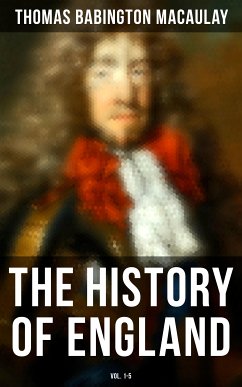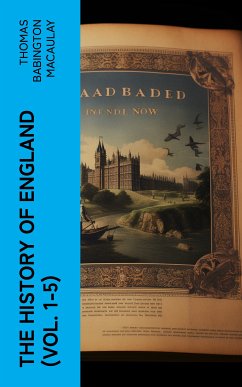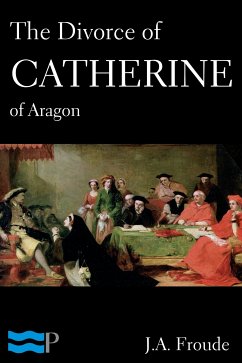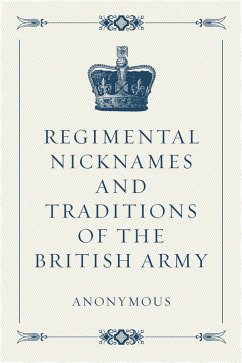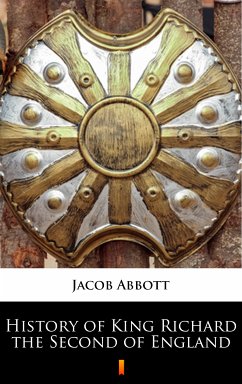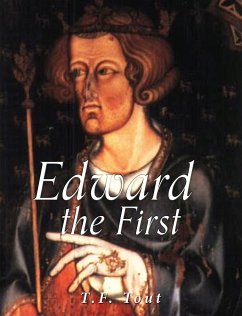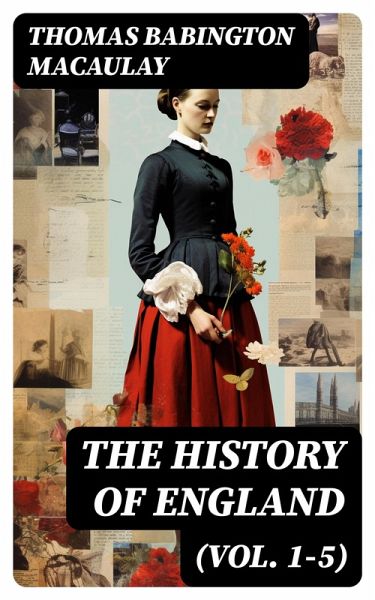
The History of England (Vol. 1-5) (eBook, ePUB)
Versandkostenfrei!
Sofort per Download lieferbar
1,99 €
inkl. MwSt.
Weitere Ausgaben:

PAYBACK Punkte
0 °P sammeln!
Thomas Babington Macaulay's "The History of England" (Volumes 1-5) presents a sweeping narrative that recounts England's transformation from the 17th century through the beginning of the 19th century. Macaulay's literary style is characterized by his engaging prose, vivid imagery, and a compelling blend of historical detail and political analysis. His work is deeply embedded in the Victorian context, seeking to educate and inspire a sense of national pride amidst the complexities of modern governance and societal change. By expertly weaving personal anecdotes with rigorous scholarship, Macaula...
Thomas Babington Macaulay's "The History of England" (Volumes 1-5) presents a sweeping narrative that recounts England's transformation from the 17th century through the beginning of the 19th century. Macaulay's literary style is characterized by his engaging prose, vivid imagery, and a compelling blend of historical detail and political analysis. His work is deeply embedded in the Victorian context, seeking to educate and inspire a sense of national pride amidst the complexities of modern governance and societal change. By expertly weaving personal anecdotes with rigorous scholarship, Macaulay illuminates the evolving themes of liberty, democracy, and the power of the written word in shaping public consciousness. As a prominent British historian, essayist, and politician, Thomas Babington Macaulay was heavily influenced by the Enlightenment ideals of progress and rationality. His upbringing during a period of significant political upheaval and his own experiences as a member of Parliament informed his perspectives on governance and history. A firm believer in the moral superiority of British institutions, Macaulay sought to craft a work that not only chronicled events but also championed the narrative of England as a beacon of civilization and reform. Readers seeking a comprehensive and eloquent account of England's past will find Macaulay's "The History of England" essential. Its rich narrative and insightful commentary not only appeal to history enthusiasts but also provide critical reflections on contemporary issues of governance and civic responsibility. This masterful work stands as an enduring testament to the complexities and triumphs of English history, making it a must-read for anyone invested in understanding the roots of modern society.
Dieser Download kann aus rechtlichen Gründen nur mit Rechnungsadresse in A, B, BG, CY, CZ, D, DK, EW, E, FIN, F, GR, H, IRL, I, LT, L, LR, M, NL, PL, P, R, S, SLO, SK ausgeliefert werden.




